650 whales stranded on New Zealand coast
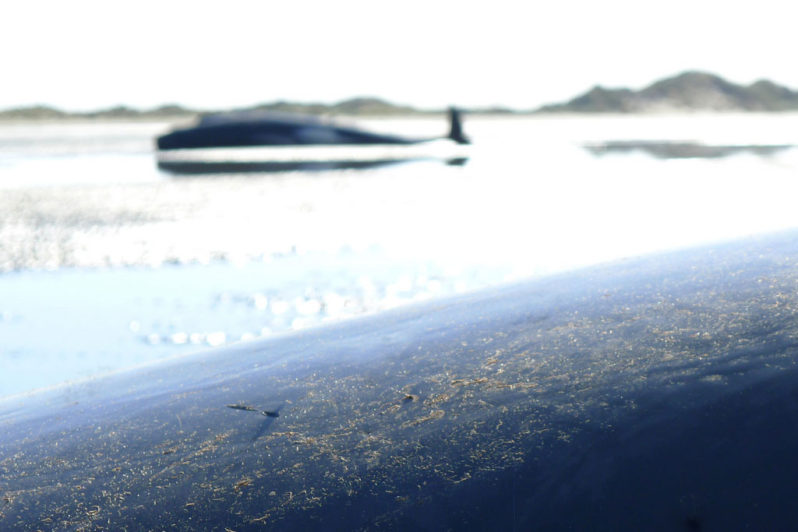
A new pod of 240 whales swam aground at a remote New Zealand beach on Saturday just hours after weary volunteers managed to refloat a different group of whales following an earlier mass stranding. In total, more than 650 pilot whales have beached themselves along a 5 kilometer (3 mile) stretch of coastline over two days on Farewell Spit at the tip of the South Island.
Warm Pacific water blamed for vast seabird die-off
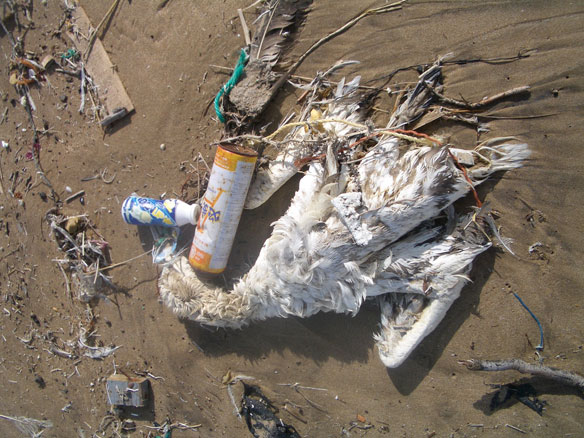
A year after tens of thousands of common murres, an abundant North Pacific seabird, starved and washed ashore on beaches from California to Alaska, researchers have pinned the cause to unusually warm ocean temperatures that affected the tiny fish they eat.
Illegal sand mining uprooted 25 trees at Nandgaon beach, says NGO
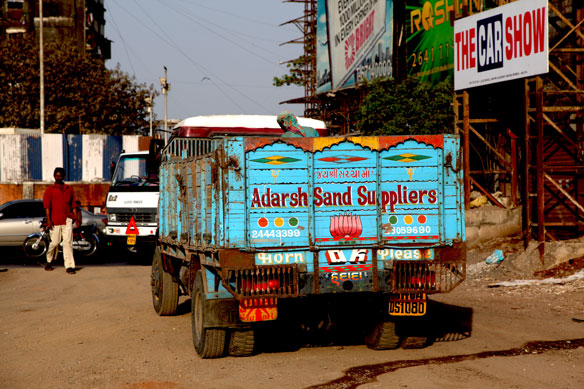
The impact of illegal sand mining is being felt at Raigad district in Maharashtra, as NGO Awaaz Foundation identified 25 trees uprooted by alleged mechanical dredging at Nandgaon beach.
Sandbags remain hard problem to solve along N.C. coast
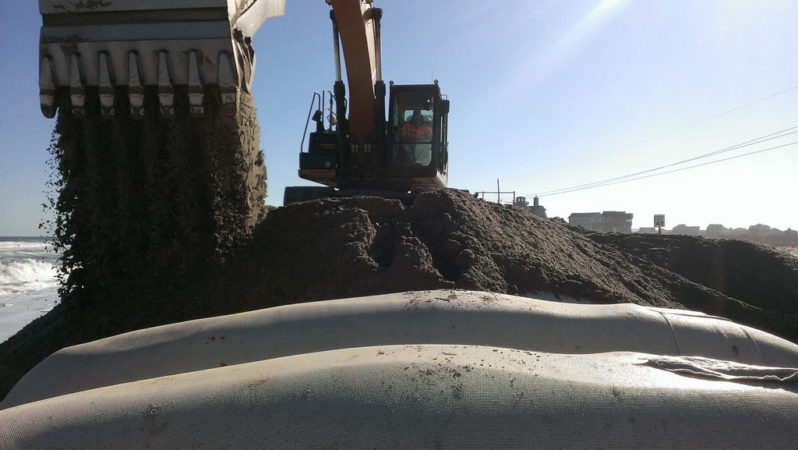
Make an earnest effort to remove the sandbags from your beach. Under state law, sandbags are only supposed to stay on the beach for a two- to five-year window.
More than 400 whales beach themselves in New Zealand
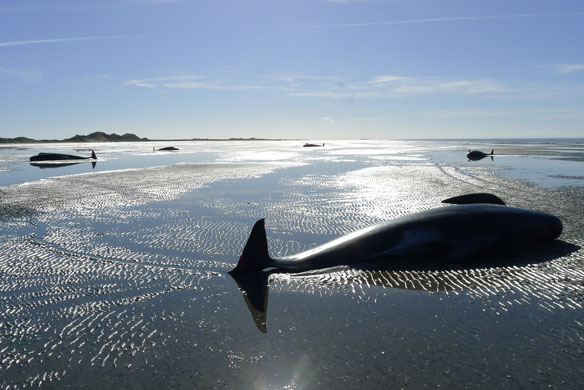
New Zealand volunteers formed a human chain in the water at a remote beach on Friday as they raced to save dozens of whales after more than 400 of the creatures beached themselves in one of the worst whale strandings in the nation’s history.
Where the land meets the sea: Governing mangrove forests
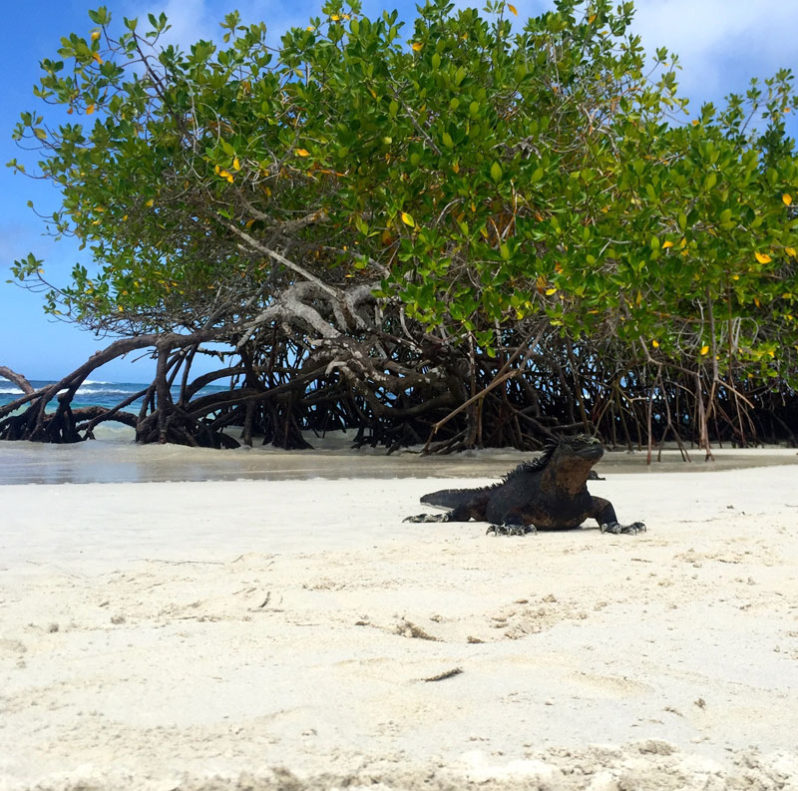
As countries ponder how to encourage mangrove conservation, the role of people, rights, and governance institutions should receive equal consideration.
The Dangers of Surfing After a Rain
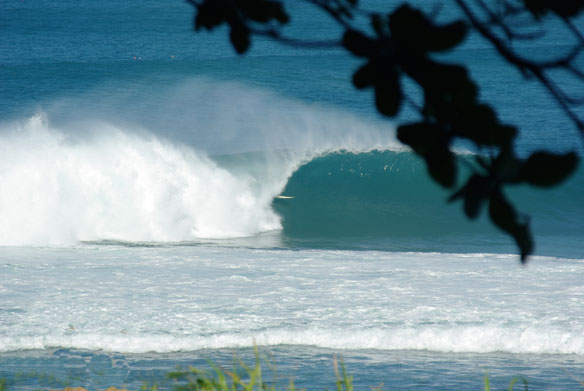
To surf, or not to surf. That’s the question many of us frequently face, when a deluge falls from above, surface streets are lined with tributaries, and bacterial runoff rushes towards the ocean. The Surfrider Foundation just completed a three-year study exploring the dangers of surfing during or after a rain.
Antarctica’s Changing Larsen Ice Shelf
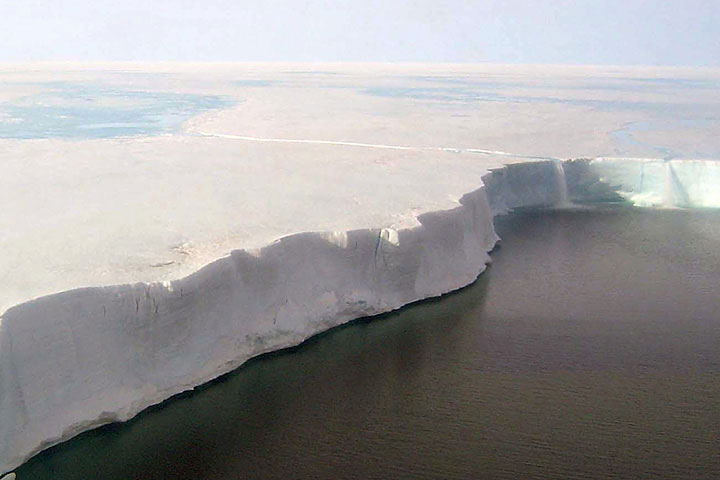
Larsen is situated along the northeastern coast of the Antarctic Peninsula, one of the fastest-warming places on the planet. In the past three decades, two large sections of the ice shelf (Larsen A and B) have collapsed. A third section (Larsen C) seems like it may be on a similar trajectory, with a new iceberg poised to break away soon.
Whale found dying off coast of Norway with 30 plastic bags in its stomach
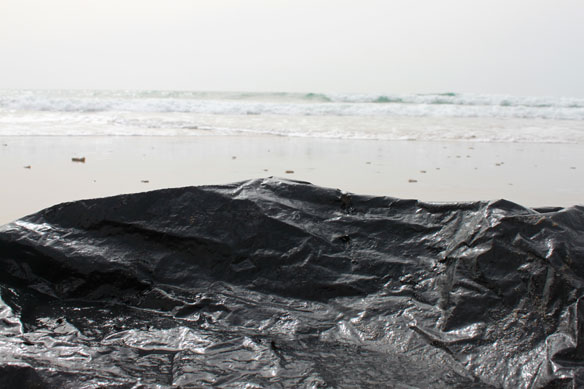
Scientists in Norway found more than 30 plastic bags and other plastic waste inside the stomach of a whale stranded off the coast.
